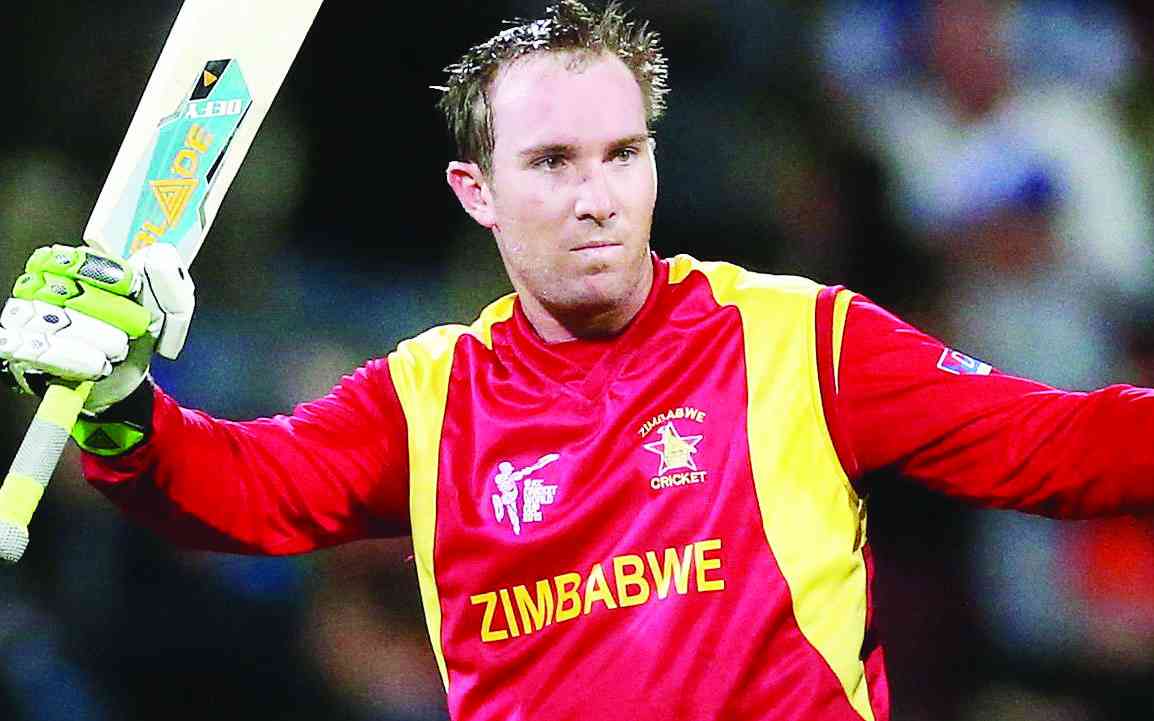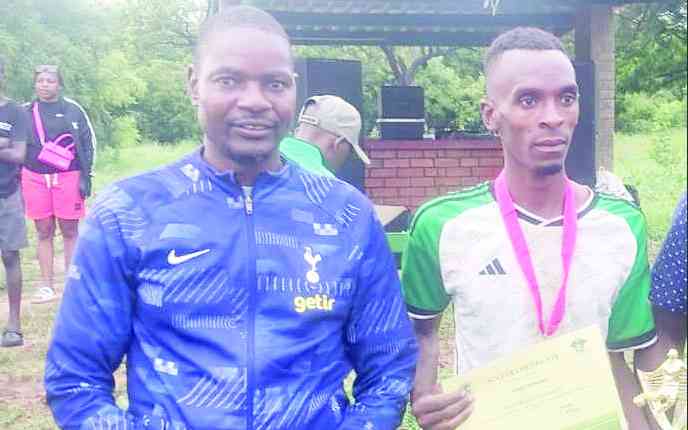
THE All Blacks rugby team has been studied over the years to ascertain how they had become so successful and in a book by James Kerr, it all came down to one thing: Legacy (which happened to be the title of his book). In it there is a wonderful quote underlying the philosophy: “Be a good ancestor: Plant trees which you’ll never see.”
As we come to the end of a school sporting year, it will be beneficial to reflect on what legacy our coaches (or parents of children with sporting aspirations) have left this year (though real legacies are formed not simply over one season).
Of course, for many people, the real legacy is what is discovered at the end of someone’s life. Recently, Terry Venables, a highly influential, flamboyant and successful soccer manager passed away and many tributes were made, in particular by those who played in his teams.
One former player stated that "He is without doubt the most technically gifted British coach we've ever produced."
A highly-respected sports reporter shared that “It will be, however, the respect, admiration and love of those who worked with and for him in football that will be the true measure of what Venables had to offer and an accurate reflection of a coach they regarded as a genius.”
It would appear that Venables lived up to the claim of Shannon L. Alder who said, “Carve your name on hearts, not tombstones. A legacy is etched into the minds of others and the stories they share about you.”
We might note however, from another recent sports report, that legacies are not determined only when that person dies.
Luke Donald earlier this year captained the Europe Ryder Cup golf team to victory over the USA in France, having previously been on the winning team in that competition on four occasions, two of which were on American soil, a notoriously difficult task to achieve.
- School of sport: LEGEND OR LEGACY?
Keep Reading
He has now been selected as the captain for the European team for the next Ryder Cup and has spoken of what made him accept the responsibility again. "The thought that I could potentially create some history as only the second European captain to go back-to-back winning is enticing to me. History is super important. It was a central message to inspire those who were on duty in the last match. I now have some opportunities to create my own history as a captain."
In speaking of making history, he is to some degree speaking of leaving a legacy, something great for others to follow in the future.
When it comes to sports people still playing, James Kerr, in the book mentioned above about the All Blacks, stated that “Leaving your legacy and marking your time in the famous black jersey is the fundamental message for all newcomers.”
He went on to explain that as every All Black player receives a small black book when they are selected, so the All Blacks “literally write their own story.” The black book contains all the information that is communicated in a player’s induction into the team but it also comes with many blank pages, into which each player will write a diary of their time as an All Black.
They in their own way are encouraged, required even, to leave their own legacy.
Simon Van Booy may have given coaches a clue as to how we may create our own lasting legacy, when he said, “Language allows us to reach out to people, to touch them with our innermost fears, hopes, disappointments, victories. To reach out to people we’ll never meet. It’s the greatest legacy you could ever leave your children or your loved ones: The history of how you felt.” Is that how our coaches have been thinking and acting?
Someone else has written that “Everyone must leave something behind when he dies, my grandfather said... when people look at that tree or that flower you planted, you’re there.” Have our coaches planted any trees this season?
What then are we leaving behind for our children?
All too often coaches are more concerned about living as a legend (being famous or popular) than leaving a legacy. We want to be remembered for having an unbeaten team, for having convincing victories yet we are only part of an ongoing process – what part have we played?
Have we gained “virtually unanimous respect and affection” from our children? Have we left a lasting (positive) impression on them? What stories will our players tell of us? What trees have we planted?
Og Mandino put it bluntly: “I am convinced that the greatest legacy we can leave our children are happy memories.”
Jim Rohn has added to that: “All good men and women must take responsibility to create legacies that will take the next generation to a level we could only imagine.” Have our coaches done that?
We shall find out in the future, alive or dead.











